Before you land your dream job in investment banking, you’ll have to get through the final round of interviews. These interviews consist of multiple rounds of behavioural, technical and company-specific questions. At times, you may not have the required bandwidth to prepare for a long time. Here is a quick guide for IB interview prep in a day:
Understand the job role
A candidate who comes into an interview without any knowledge of the position is deemed unsuitable by the interviewer. You should be able to show that you are aware of the general practices of investment banking and know your specific duties. An entry-level analyst position, for example, involves creating presentations, news reports, tables, and pitch books.
Dress appropriately
The clothes you wear make an impression, and what is unique about the finance field is the corporate culture, according to Marisa Mackey Palmer, a career blogger who spent 10 years on Wall Street. She says, “you must dress in a classic, formal way. Being the custodian of your clients’ capital, you must come across as genuine, friendly, and at the same time highly responsible.”
Palmer suggests that men should wear classic-cut suits, preferably in darker colours, and avoid trendy styles. Women, on the other hand, should wear modest skirt suits, as they seem more traditional.
Demonstrate technical skills and your willingness to work in teams
In every interview, the recruiter might ask an unexpected question. You may be asked about your successes and failures and how that motivated you to pursue investment banking as a career or select a particular role. As a response, you could prepare a few success stories and one or two failures. These stories can be used to illustrate your approach to finance, career choices, leadership, teamwork, and resilience. Additionally, you could highlight stories that show a high emotional quotient.
Former JP Morgan Chase employee Judy Panagakos, who has over three decades of experience in the industry, says you shouldn’t be shy about preparing answers. However, you don’t want to sound rehearsed. You should have a broad idea of what you want to convey. You can also practice with a friend, which helps build confidence and makes you sound less rehearsed. You can then select concise and effective responses that you can deliver fluidly, as a result.
Moreover, it is vital to work through a broad range of interview questions, to have a solid grip on what you may be asked. You can expect case study questions related to valuation and leveraged buyouts (LBOs). An in-depth interview prep course will take you through the variety of questions and techniques on how to answer them.
Why did you choose our bank? Or this role?
Before the final day, you need to structure your narrative on why you’ve chosen investment banking as a career and be able to explain this concisely. You also need to explain why you want to work for that particular bank you’re interviewing with and avoid being vague.
The interviewers are interested in knowing if you cared enough to spend time learning about their bank. You can do this by making your answers institution-specific. For instance, instead of saying you admire the culture, you can relate your answer to the bank’s mission and vision statement and values. You can also mention the experience of an employee of the bank who inspired you to choose the bank or the bank’s recent deals or simply their rich heritage.
Appreciate the recruiter and process
You need to be memorable and stand out in a fiercely competitive environment. When Palmer was asked about her experience, she shared that after the interview, she gave the recruiter a handwritten thank-you note expressing how much she wanted the job. You shouldn’t hesitate to show your passion and enthusiasm for the role or the company.
Finally, prepare for a long conversation
Given the intensity and broad range of topics covered in the interview, it can go on for few hours. It can be challenging for candidates to stay focused during this time. Therefore, career coaches advise candidates to eat well before their interviews and have water nearby.
In addition, it is important to remember that some interviewers can be impassive on purpose. They may extend the interview for a longer duration just to test your sharpness, resilience and ability to adapt.
Conclusion
Most candidates selected for an interview must research the particular bank. They must also familiarise themselves with the deals it has concluded in the recent past or is currently working on. Have a general awareness of the economy and financial markets. Although this may not always help you stand out, it does show that you know what is expected of you.
Finally, don’t be afraid to share stories and your achievements as part of your answers. You might find some stories or examples that are relevant to multiple questions. It is important to communicate answers that show why you are a good fit for the team. Recruiters and senior bankers want to know if you have what it takes to do the job.
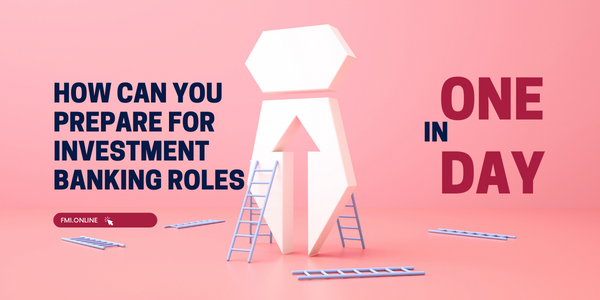
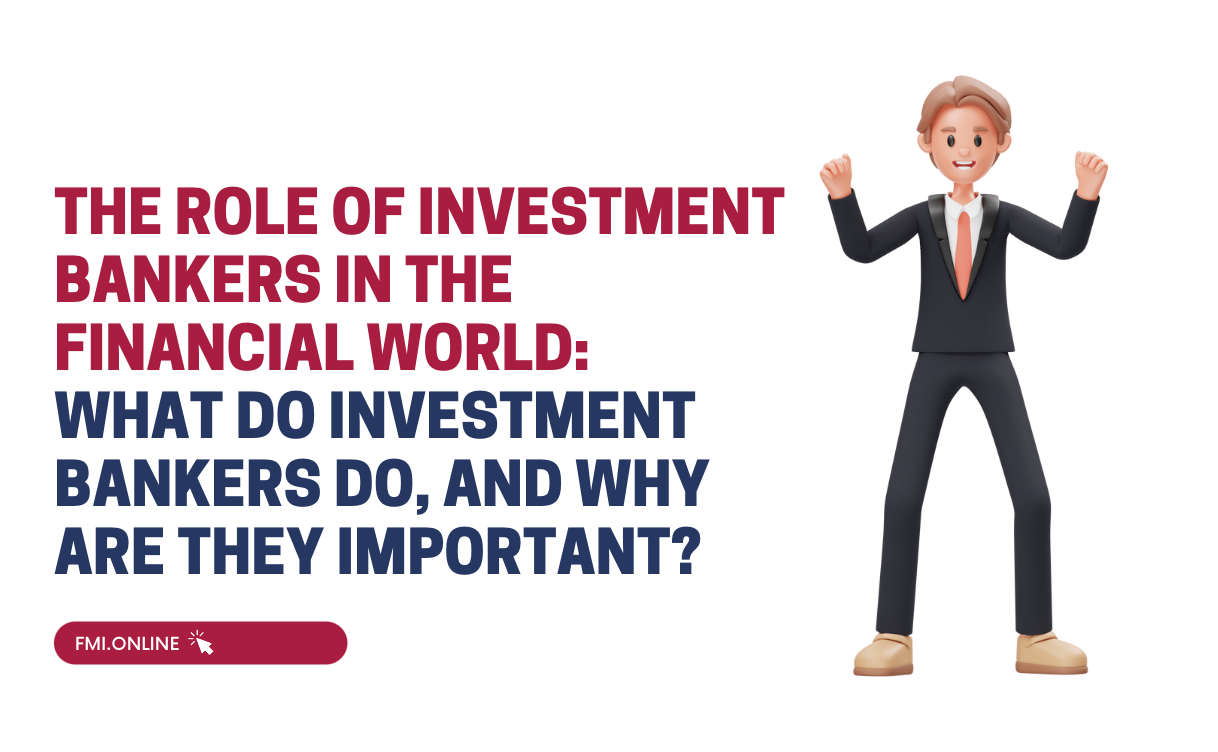
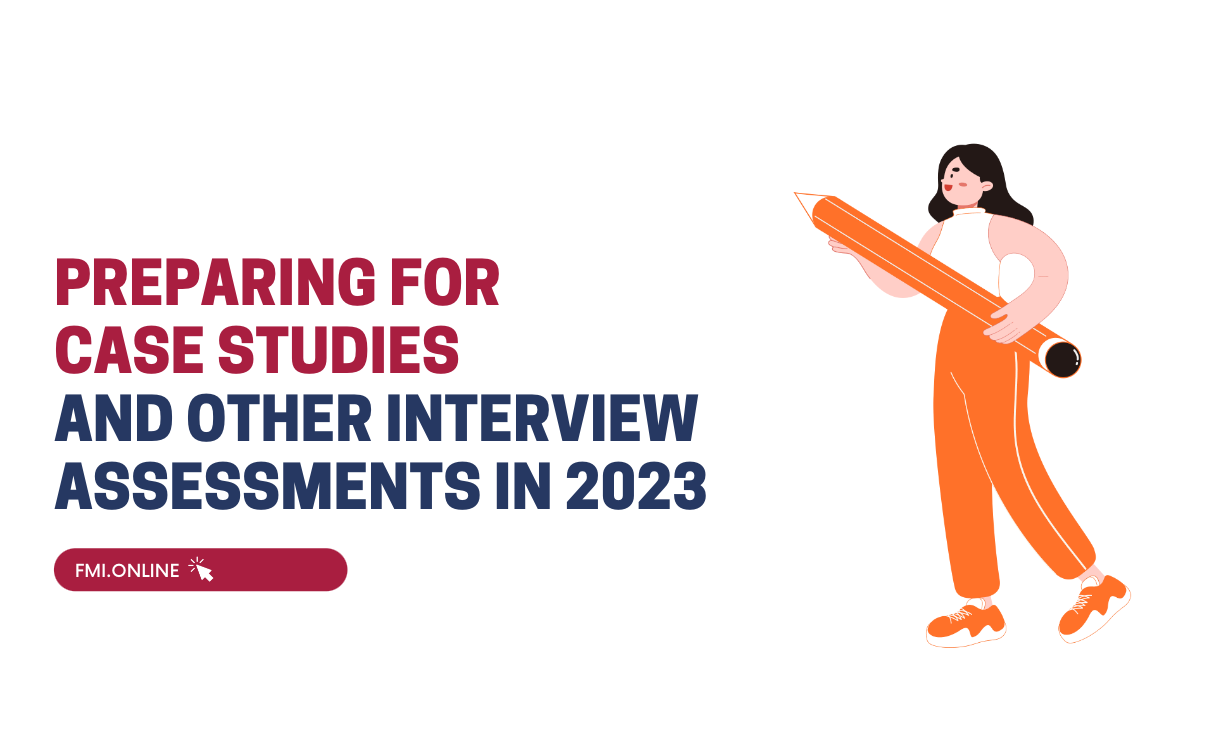



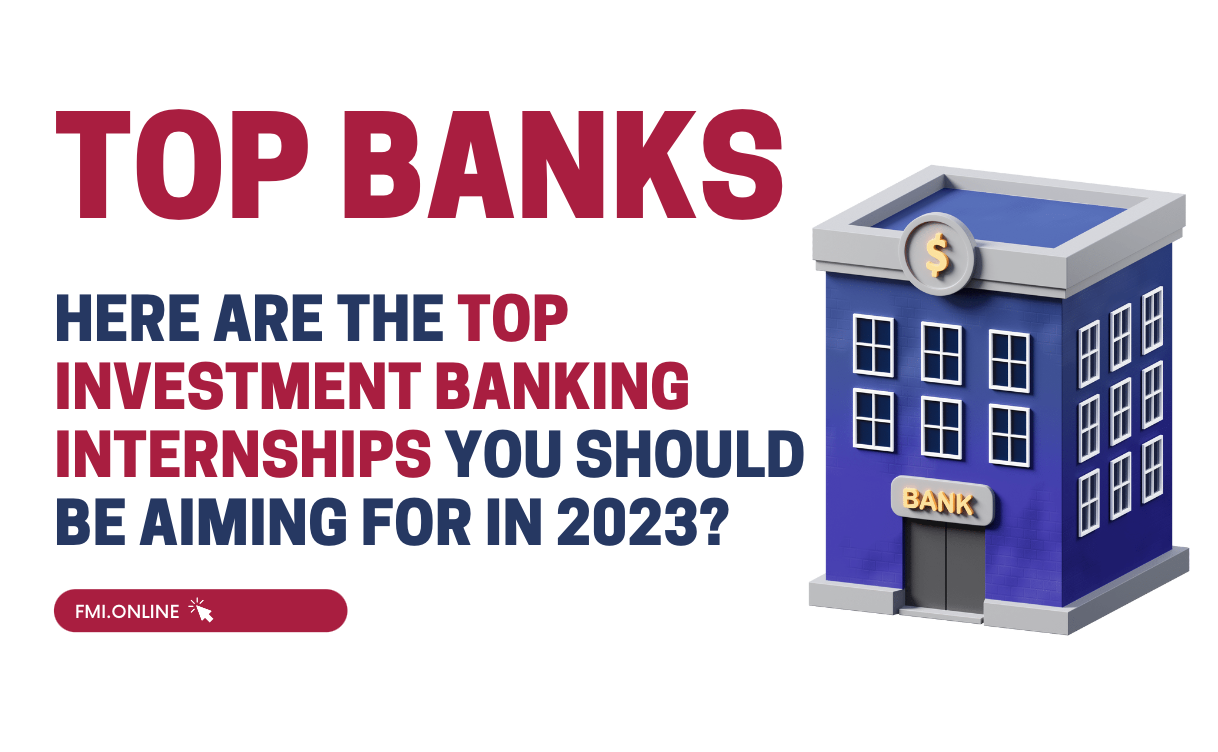
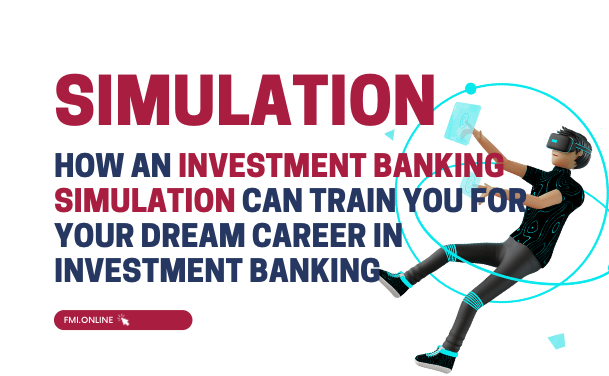
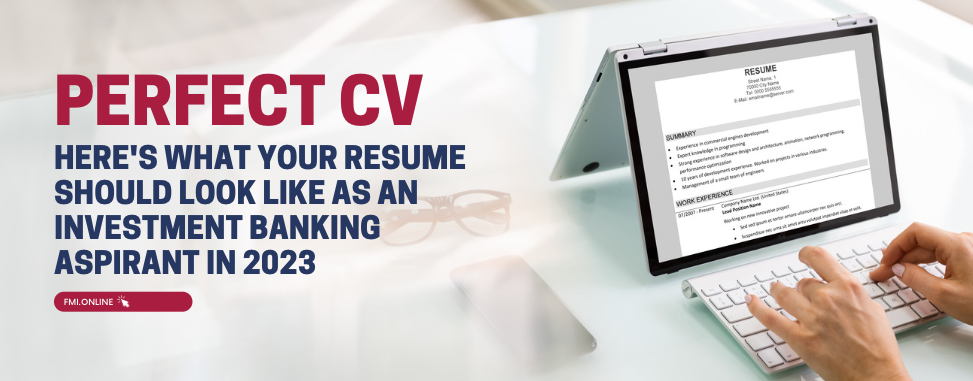

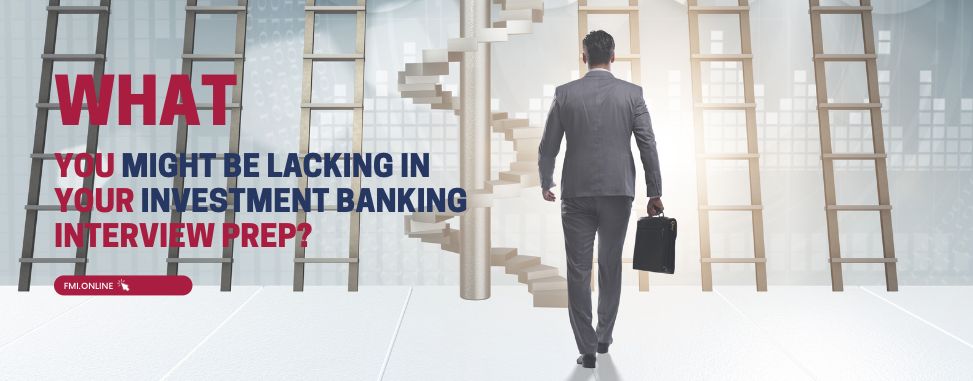

 60+ hours
60+ hours 9 courses
9 courses



